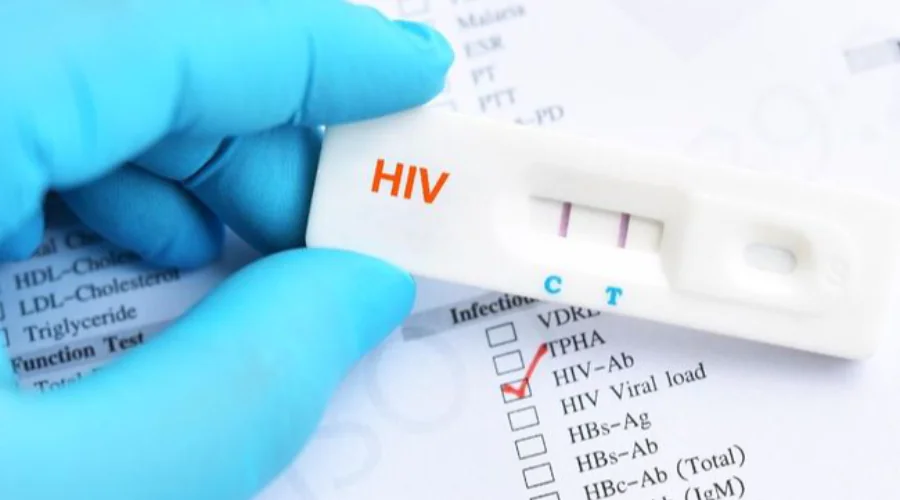
- 28 Aug
- 2022
Ilustrasi gambar (I-Stockphoto)
Rising HIV AIDS Cases, This is a Message from UM Surabaya Lecturers for Students
Recently, the Bandung City Aids Commission (KPA), West Java, revealed the facts of HIV cases among young people (students) who tested positive. According to data released by KPA, as many as 414 students tested positive. This number is equivalent to 6.97 percent of the total cases.
HIV (Human Immunodeficiency Virus) is a virus that attacks a person's immune system so that it can weaken the body's ability to fight infection and disease.
Lecturer at the Faculty of Health Sciences (FIK) UM Surabaya Idham Choliq explained that if the virus had infected someone, it would be known as AIDS (Acquired Immune Deficiency Syndrome). Where the body can no longer have the ability to fight infections caused by the HIV virus.
"HIV can be transmitted to any group, including groups of youth (students) who are still very vulnerable to HIV transmission," said Idham Sunday (28/8/22)
According to his explanation, the cause of the spread of HIV among college students can be due to the use of drugs and syringes, the use of dating apps, and sexual relations with friends without marriage ties or what is often known as Friend With Benefits (FWB).
Idham emphasized that it is very important for students to have an understanding of reproductive health and HIV/AIDS.
According to him, when students do not have knowledge about their bodies, and how to build healthy relationships, they will make unsafe decisions that affect their health.
“For example, there is an assumption that if you only have sex once, you will not be infected with the HIV virus. Even though someone doesn't feel any symptoms doesn't mean the virus doesn't exist. You have to have a blood test or an HIV test,” said Idham.
He explained that the period between being infected with HIV and the appearance of detectable antibodies is three to 12 weeks. In fact, many people are asymptomatic even though they have been infected for 3 to 10 years.
"For this reason, in order to avoid the HIV virus which is dangerous for future students, avoid using dating applications because it can increase sexual activity, and avoid sexual relations outside of emotional ties. Students must be able to make decisions that are not detrimental to their health,” concluded Idham.










(0) Comments